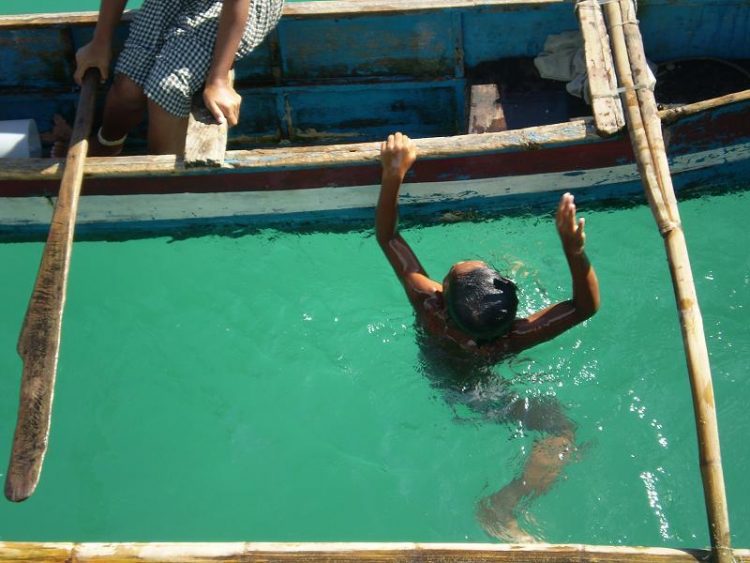Members of Indonesian Sea Nomad Tribe Can Stay Underwater for Up to 13 Minutes at a Time, Thanks to Their Unusually Large Spleens

Known as ‘Sea Nomads’, the Bajau people have wandered the waters of southern Asia for thousands of years, living in house boats and free diving for fish. They’ve long been known for their ability to stay underwater for long periods of time, but until recently, no one really knew how they were able to keep […]
